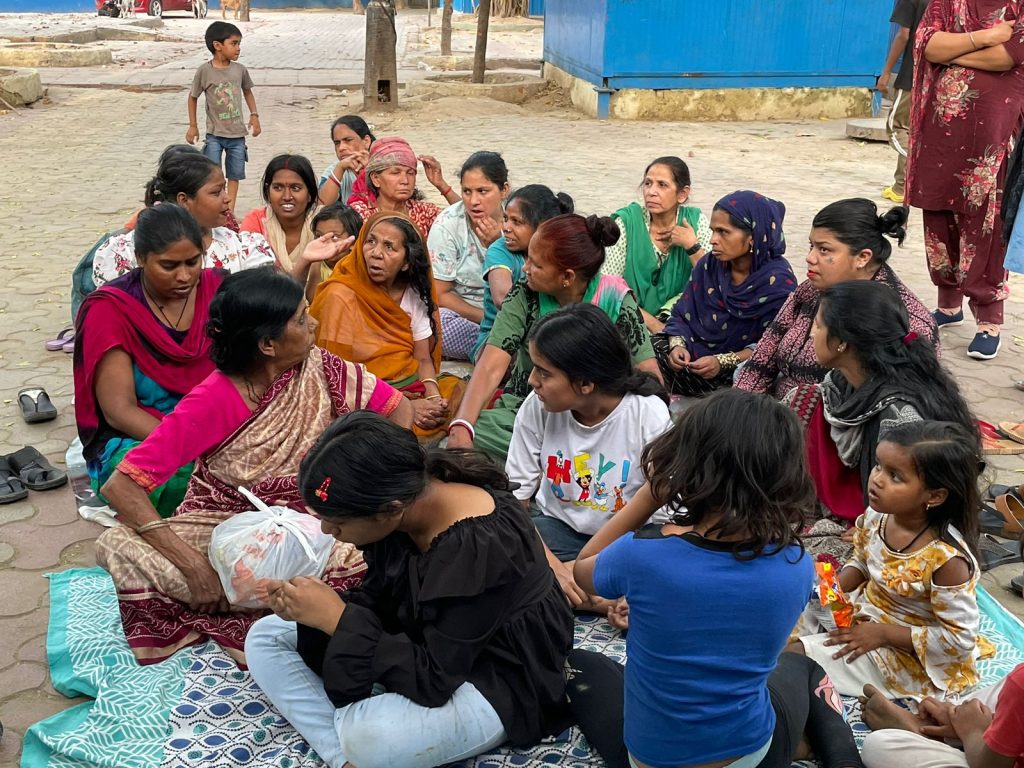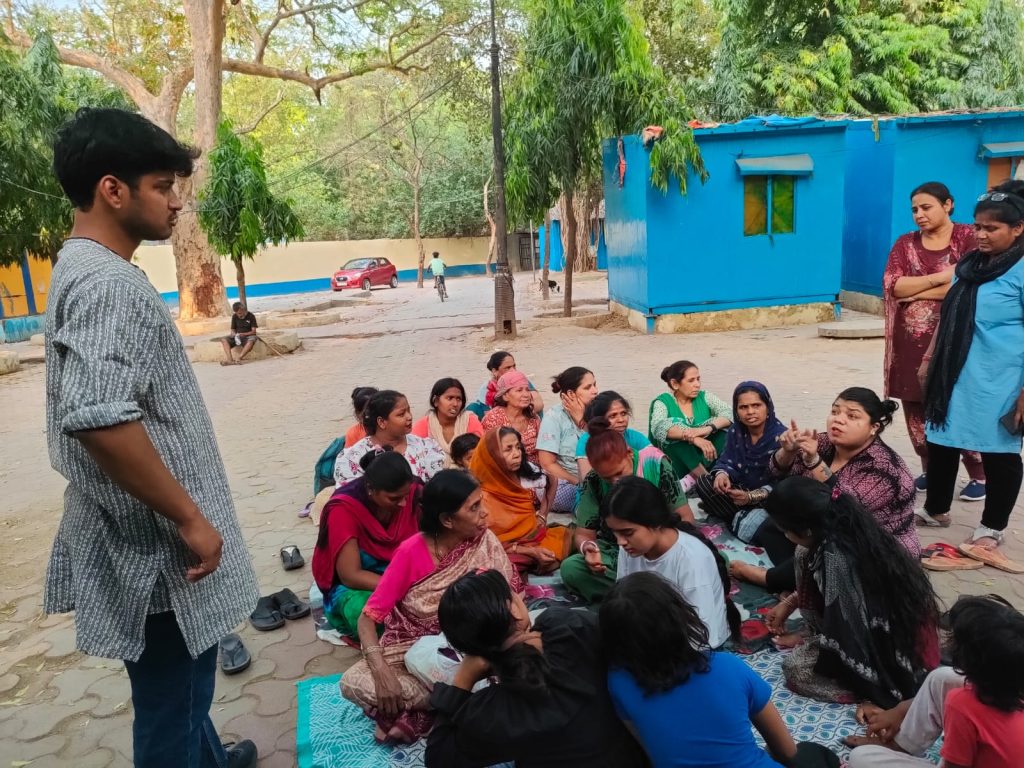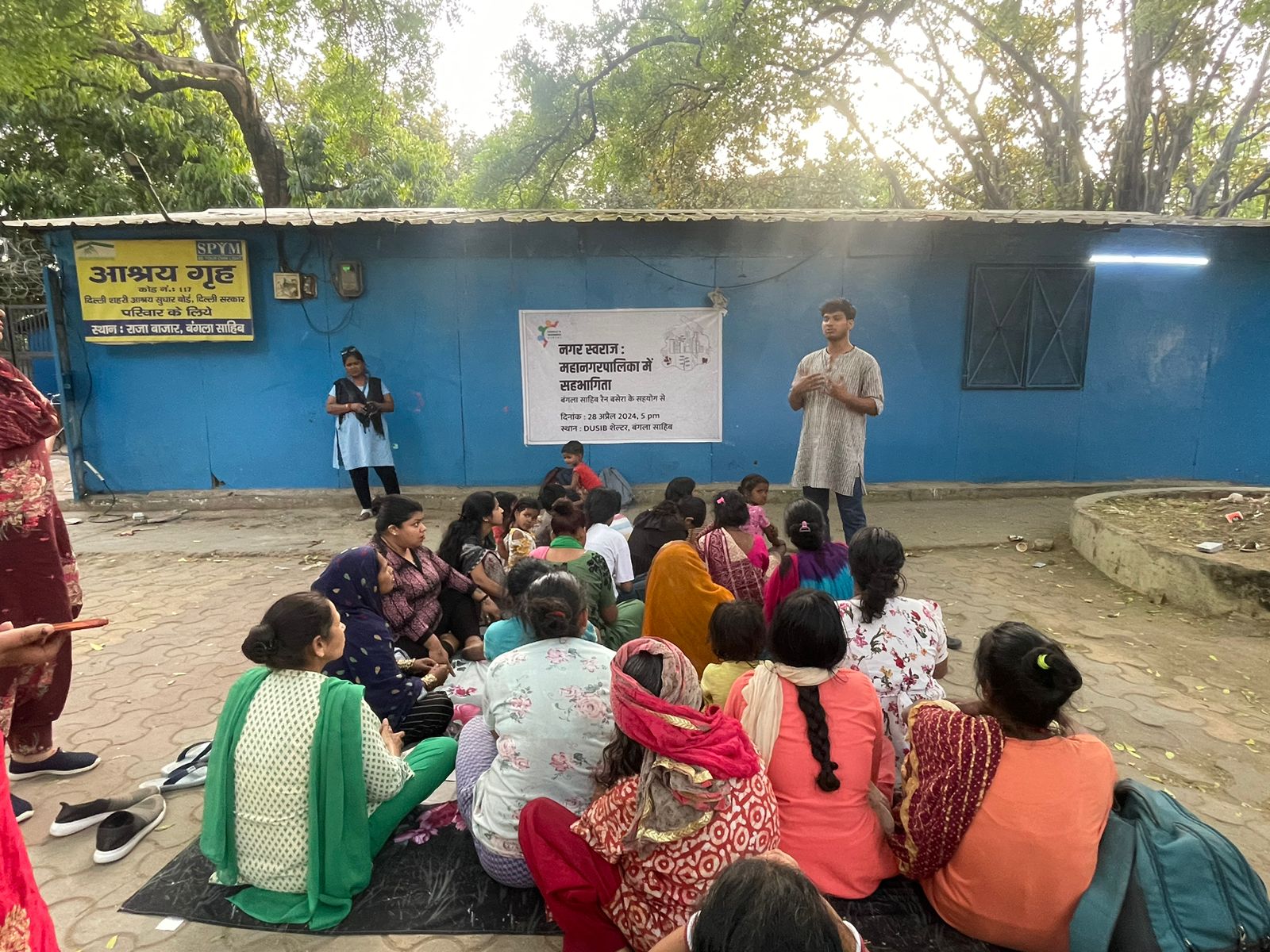74th Amendment Act envisioned a third-tier government at the urban level in the 1990s. Localization of government was deemed important because it creates checks and balances of government, and brings democracy into the political system, that is public participation. Plus having citizens participate in the delivery of goods and services makes the state more effective.
Under the act, local government in cities are headed by the Mayor which in some states are directly elected and indirectly in others. The urban areas of cities are divided into wards which elect members of the Urban Local Bodies (ULBs). The elected members from the ward constitute the ward committee with representation from members of citizen communities.
Moreover, the implementation of the act is the prerogative of the states and falls under their jurisdiction. Due to that, there exist huge variations in the implementation of the act. For instance, some states including Assam and Bihar have constituted District Planning committees while Delhi and Gujarat have not done so.
On top of that, ULBs are disempowered functionally and financially. Most of the responsibilities from the twelfth Schedule of the Indian constitution have not been devolved by states to ULBs. ULBs have weak taxation power due to which their revenue structure suffers, for instance, India’s municipal expenditure stands at a dismal one per cent of India’s GDP and has been like that for over a decade.
In Delhi, particularly, there exists an intersection of central, state and local governments which creates huge bottlenecks in the devolution of functions and powers to local government. The Delhi municipality (MCD) has been generally conceived as the kuchda-safai people due to the weak local governance devolution. Most of the functions of local government have also been taken away by the central government such as land use planning by the Delhi Development Authority and water supply by the Delhi Jal Board.
Delhi has also not constituted ward committees and does not have provisions for representation from citizens. Area sabhas, considered, an important avenue of citizen participation have also not been implemented. Only a few states such as Karnataka and Kerala have constituted sabhas to ensure citizen participation.

Most importantly, ward committees have large areas of operation and are not easily accessible to citizens. Therefore, we demand a local-level citizen participatory institution under the ULBs. We propose the constitution of Mohalla sabhas at the booth level which will be elected by its residents.
Five-fold constitution of Mohalla sabhas:
- Mohalla sabhas are oriented towards the urban poor who are not just active during the elections but are active throughout the year to ensure local governance and delivery of public services
- Mohalla sabhas will be constituted at the booth level. Booths with small areas of operation can be conjoined to make one mohalla sabha. The mohalla sabhas representatives will then go and form ward committees headed by the councillors.
- The members of the Mohalla sabha will be elected by free and fair elections monitored by the state authorities. Fifty per cent of the seats will be reserved for women and will have socio-economic reservations.
- Constitution of different samitis for overseeing the development and disease prevention in the area. The samitis may be formed in sectors related to garbage, education, water supply, health, ration, sanitation, roads and parks, sanitation and sewage.
- Mohalla sabhas representatives should be included in the planning of urban areas and budget-making at the municipality level.
Against this backdrop, a community meeting was held to raise awareness and campaign for the rights of local self-governance and participation in municipalities at the DUSIB-run shelter beside Bangla Saheb gurudwara. DUSIB is a Delhi government body constituted in 2010 to improve the living conditions of the residents of the three settlements in Delhi slum-designated areas (SDAs), jhuggi jhopri clusters (JJCs), and resettlement colonies which according to an estimate by Centre for Policy Research houses around half of the population of Delhi.
The DUSIB shelter at Bangla Saheb is home to people evicted from the nearby jhuggi-jhopri in the New Delhi Municipality. A motley number of five hundred people including homeless, casual labourers, outcasts, women who ran away from their homes and children are housed in the shelter. The residents of the shelter are predominantly from the states of Uttar Pradesh and Bihar.
The objective of the community meeting was to raise awareness regarding local governance institutions, campaign for a mohalla sabha and collect data on demands and claims of unplanned settlements.
Predominantly, women turned up for the meeting who were intimated with the campaign on local governance and rights of participation. During the discussion, joblessness as a central issue emerged ailing the women of the shelter. A woman member said, “We can’t get out till we have jobs. We have no jobs so we can never get out”.

The residents complained about poor levels of basic services, a problem plaguing all the JJCs and DUSIB shelters. Water in the shelter is sourced from a tank installed in the shelter premises. The living conditions of the residents were squalid with no sanitation facility and a lack of sewers. The residents do not have access to clean water which is sourced from private water vendors. NDMC, the nodal local agency responsible for water distribution in the area does not work for the access to water or sewage and cleanliness.
In this sense, local government bodies are inaccessible to the residents of this shelter. The inaccessibility of local government bodies is echoed by almost all women. “Sunwahi nhi hai” lamented a woman resident.
Due to the local government’s incapacity and inaccessibility, NGOs have filled the space for access to basic services. For instance, the security guard of the women’s section of the shelter has been employed by the Society for Promotion of Youth and Masses (SPYM). Another NGO working for residents’ rights and services is Sehri Ashikar Manch which provides help in making Aadhar and voter cards. Some women, however, noted that various NGOs visit the shelter but there is not much substantial result.
Moreover, the residents highlighted the lack of unity and the creation of local organisations for claiming public services. Some residents pointed out that without mobilisation the bureaucrats and politicians do not listen to their demands. In this context, the importance of an elected Mohalla Sabha was underscored to form local organisations and emphasise participation in decision-making as they are the closest to the issues ailing them.
To sum up, the discussions provide a base to pursue further community outreach and create a campaign on mohalla sabha. A need for local organisation is being felt among the residents of unplanned colonies including these shelters.
In the meantime, the residents of the shelter hope to leave the shelter and find a home in the city.
Report prepared by Sidhant Kumar, with inputs from Prathyusha Naidu.

